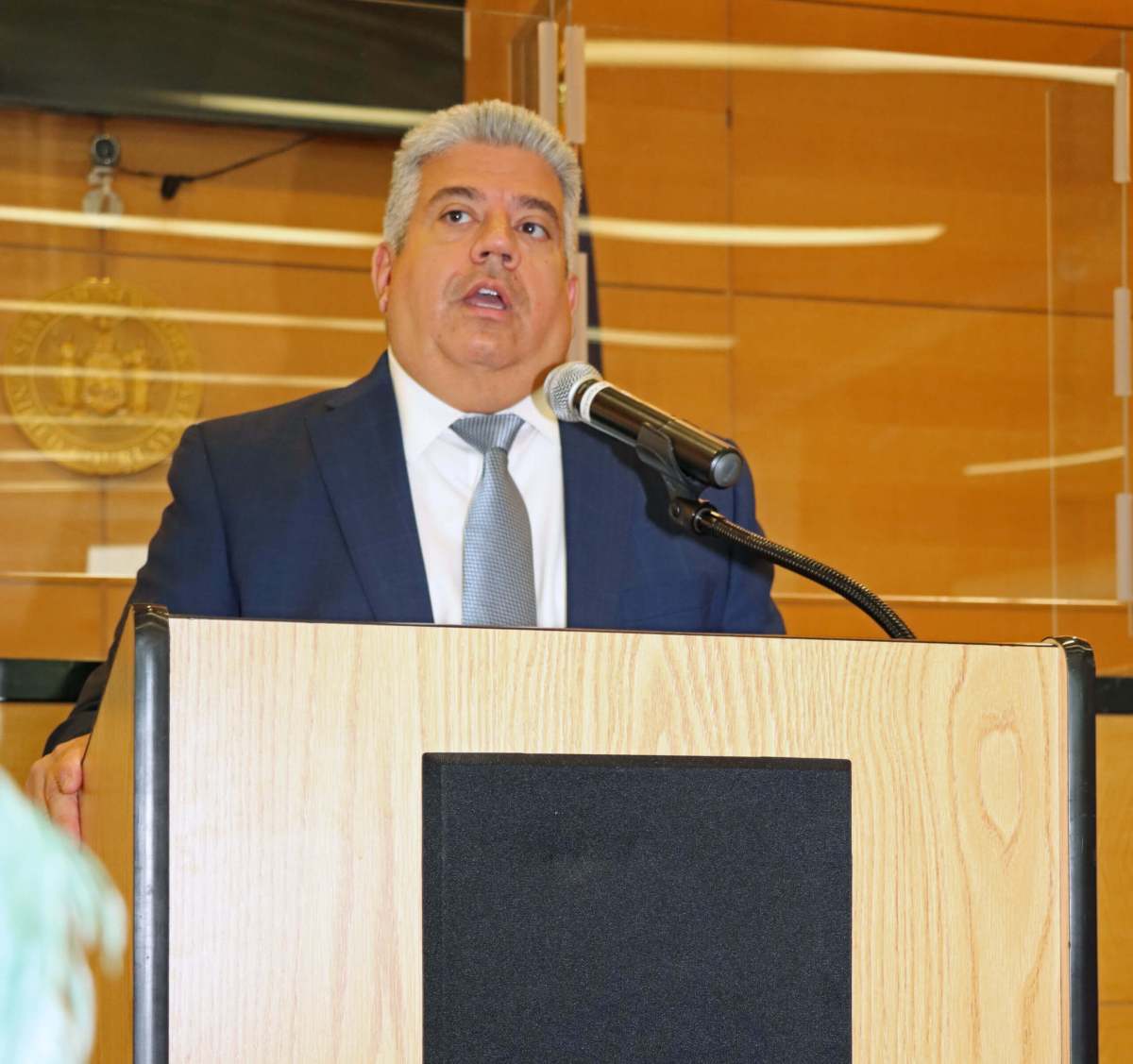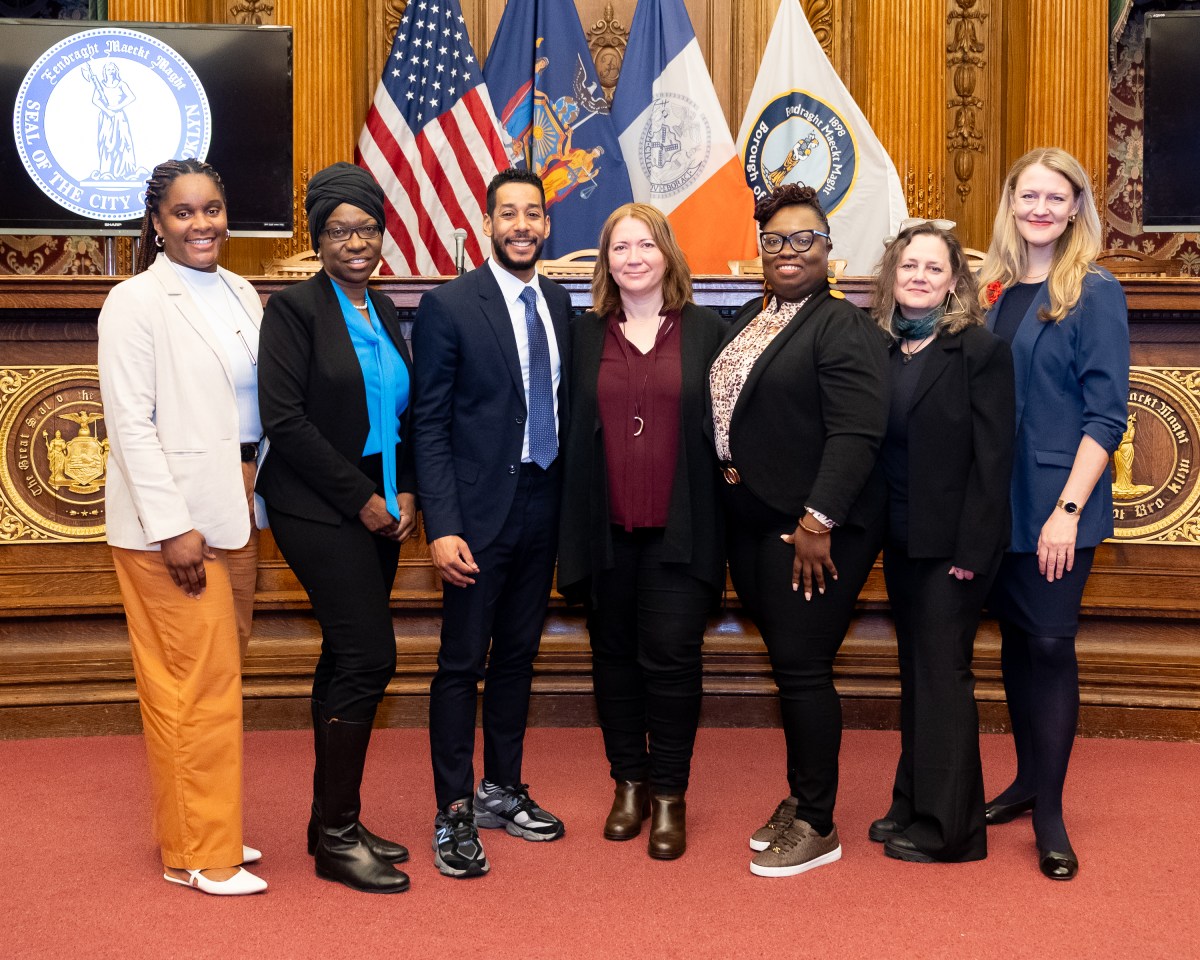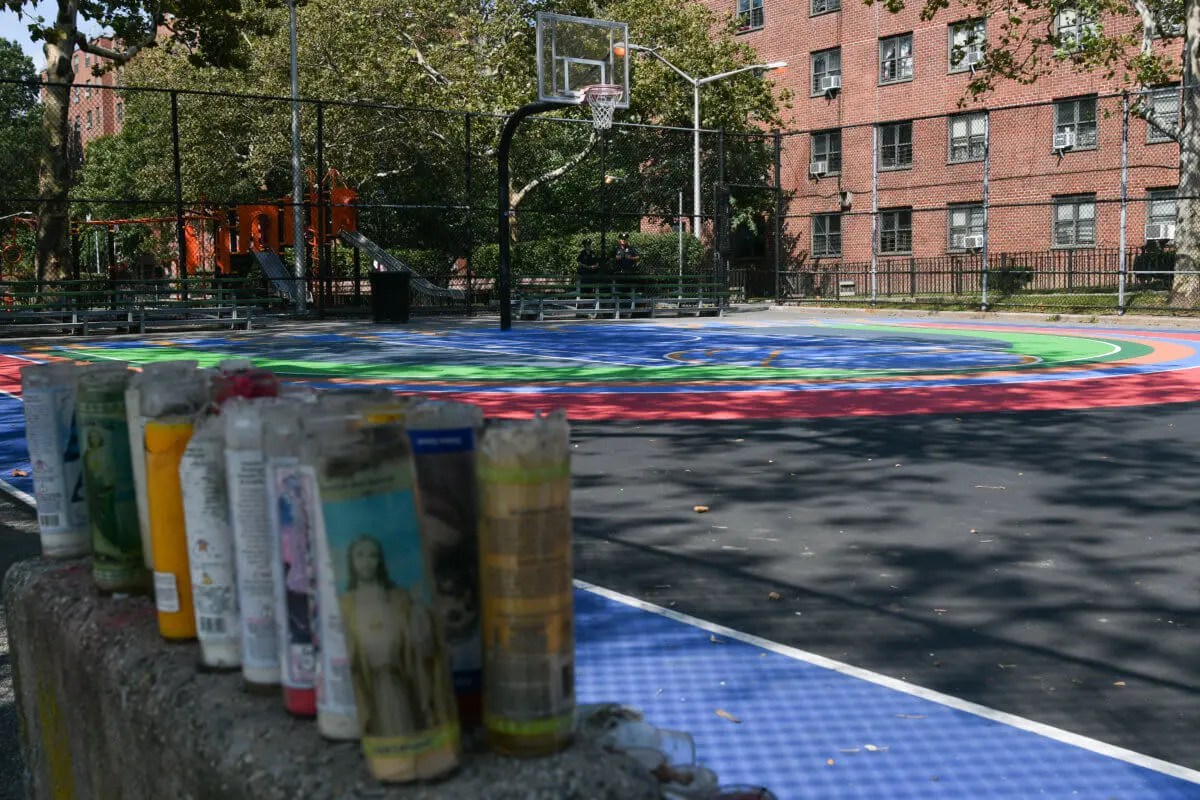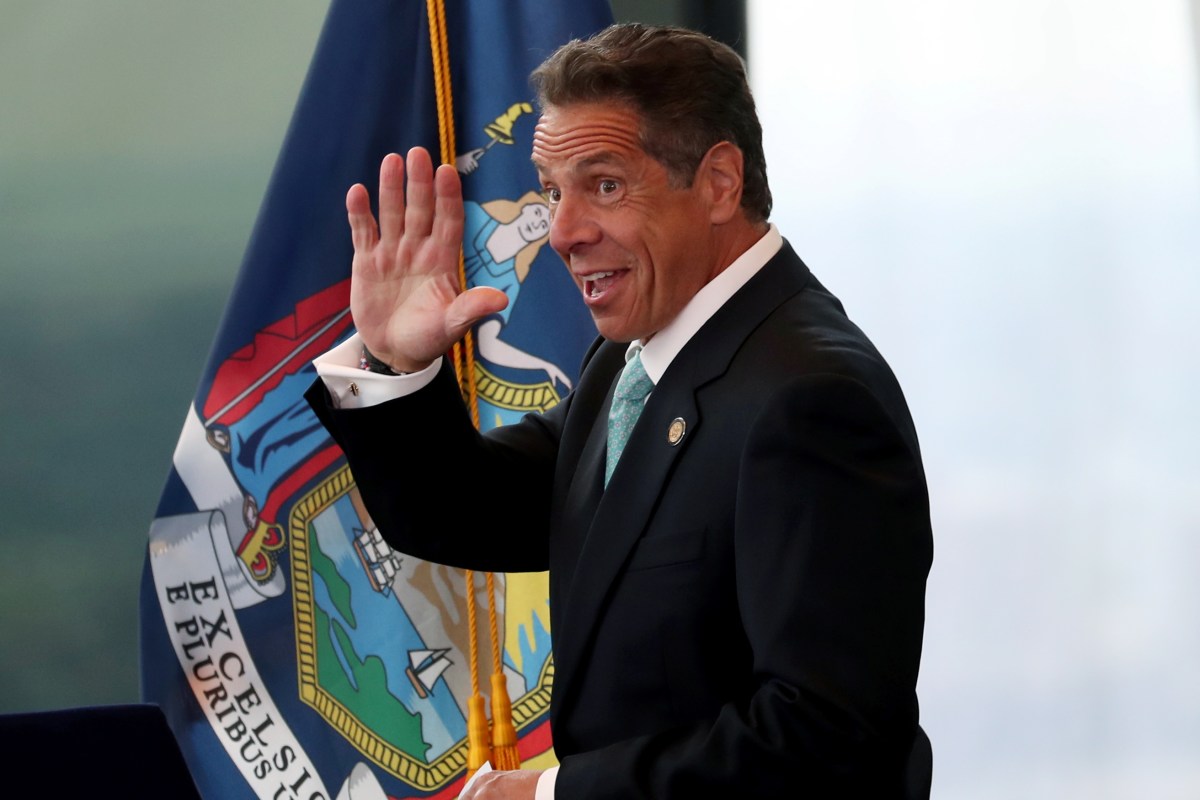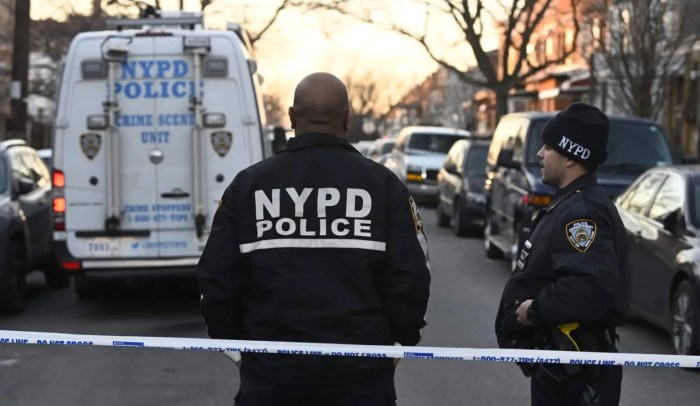The Rev. Dr. Wyatt Tee Walker, an influential figure of the civil rights movement and chief of staff to Dr. Martin Luther King Jr., passed away Tuesday. He was 88.
“The congregation is deeply sorrowful and saddened by the passing of Dr. Walker, having served for almost four decades,” said Canaan Baptist Church of Christ senior pastor Thomas Johnson. “The congregation has always been very proud to be led by such a giant in the civil rights movement, as well as the cause of social justice around the world.”
Political figures took to social media Tuesday to pay their respects.
“Saddened to confirm that Rev. Dr. Wyatt Tee Walker, MLK’s Executive Director and NAN’s first Board Chairman, has passed. A true giant and irreplaceable leader,” the Rev. Al Sharpton tweeted along with photos of Walker and Dr. Martin Luther King Jr. “A huge tree has fallen.”
Mayor Bill de Blasio also weighed in on Twitter Tuesday morning, saying, “We are saddened by the passing of Rev. Dr. Wyatt Tee Walker. He was a fighter for freedom who dedicated his life to bending the arc of the moral universe toward justice. Harlem won’t soon forget his work winning more affordable housing for his community.”
Walker served as the pastor of Canaan Baptist Church of Christ in Harlem for 37 years, and acted as a special assistant on urban affairs to Gov. Nelson A. Rockefeller from 1965 to 1975. Walker was an outspoken proponent of affordable housing and bettering schools in poor Manhattan neighborhoods.
Walker also played a significant role in organizing the March on Washington in 1963 — the capstone of which continues to be memorized and recited by school children around the United States today: Dr. King’s “I Have a Dream” speech.
Walker was born on Aug. 16, 1929, in Brocktown, Massachusetts. A product of the Great Depression, he survived an impoverished and death-ridden childhood in New Jersey, eventually going on to be ordained as a minister in 1952, according to the Times, spending more than half a dozen years preaching in Virginia.
By the late 1990s, according to the Times, he had returned to New York City and played a critical role in the creation of Harlem’s first charter school: The Sisulu-Walker Charter School.




